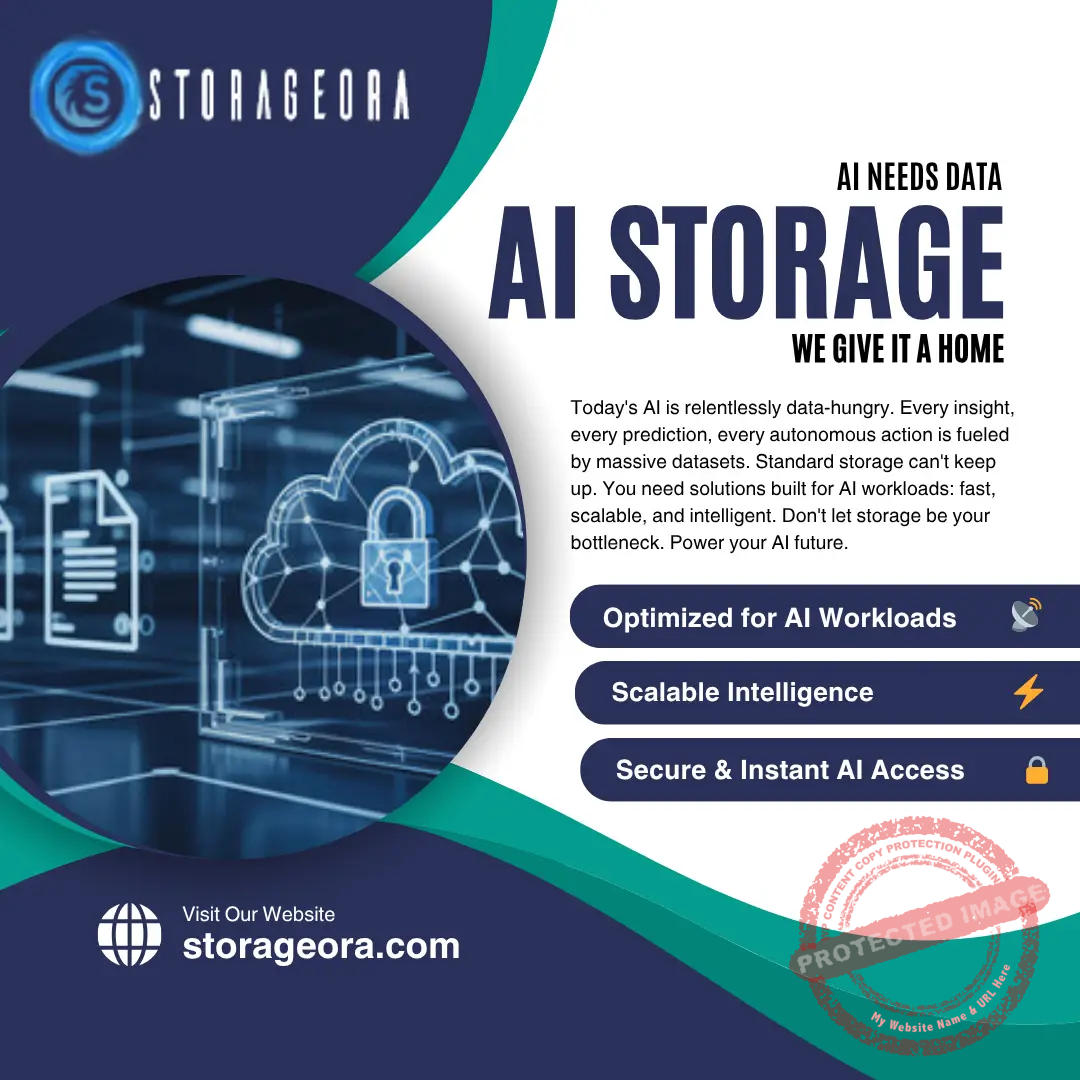hen Quantum Speed Meets Machine Intelligence—Redefining the Boundaries of Learning, Reasoning, and Discovery.
A New Frontier at the Intersection of AI and Quantum Computing
Artificial Intelligence (AI) has already revolutionized how we work, learn, and communicate. Quantum Computing, meanwhile, promises to revolutionize how machines think. Together, they are forging a transformative partnership known as Quantum Artificial Intelligence (Quantum AI)—a technological synergy capable of reshaping industries and redefining computational limits.
By blending the massive parallelism of quantum systems with the pattern recognition power of AI, researchers are exploring a future where algorithms can learn and adapt exponentially faster than ever before.
The Quantum Leap in Learning
Traditional AI operates on classical hardware, limited by sequential processing and exponential data complexity. Quantum AI, on the other hand, leverages the superposition and entanglement properties of qubits to analyze vast data sets in parallel.
This allows machine learning models to process multiple outcomes simultaneously, accelerating tasks such as:
-
Optimization: Solving complex scheduling or logistics problems at lightning speed.
-
Pattern Recognition: Enhancing predictive models in genomics, climate science, and cybersecurity.
-
Natural Language Processing (NLP): Enabling more intuitive conversational models and semantic understanding.
The result is an entirely new computational paradigm—one that moves AI from the realm of data-driven inference to quantum-enabled discovery.
Quantum Neural Networks: Redefining Intelligence
At the heart of Quantum AI lies the concept of the Quantum Neural Network (QNN)—a model that encodes information in qubits rather than traditional neurons.
Unlike classical networks, which process one combination of inputs at a time, QNNs operate across many possible states simultaneously, exploring multiple hypotheses in parallel.
This gives rise to quantum-enhanced deep learning, where algorithms can learn patterns and relationships hidden within data sets that are too large or too complex for classical systems to handle.
Quantum Machine Learning in Action
Major technology companies and research institutions are already testing real-world applications of Quantum Machine Learning (QML):
-
Google Quantum AI is developing hybrid algorithms that accelerate tensor operations used in large-scale neural networks.
-
IBM is integrating quantum kernels into its Qiskit Machine Learning library, allowing AI developers to experiment with hybrid quantum-classical workflows.
-
Xanadu and Rigetti are exploring photonic and superconducting architectures to boost AI training efficiency.
These early breakthroughs demonstrate that the integration of quantum principles into AI isn’t theoretical—it’s already underway.
The Power of Hybrid Quantum-Classical Systems
Full quantum AI remains in early stages due to hardware limitations and qubit instability. For now, the industry’s most practical path forward is hybrid quantum-classical computing—where quantum processors accelerate specific sub-tasks while classical systems manage broader logic and orchestration.
For example, quantum systems can handle optimization or feature extraction, feeding those results into classical neural networks that complete the training loop. This collaborative model allows organizations to gain near-quantum advantages today while paving the way for full quantum AI tomorrow.
Transformative Applications Across Industries
Quantum AI’s impact will ripple across multiple sectors:
-
Healthcare: Quantum models accelerate drug discovery by simulating molecular interactions with AI-driven precision.
-
Finance: Faster risk analysis and portfolio optimization with enhanced market prediction.
-
Energy: Real-time optimization of grid distribution and renewable energy balancing.
-
Climate Science: Quantum simulations model atmospheric systems at an unprecedented scale, improving predictive accuracy.
Each of these areas benefits from the exponential learning power that Quantum AI brings to data-intensive challenges.
Challenges in Quantum AI Development
Despite remarkable progress, Quantum AI faces several hurdles:
-
Hardware Constraints: Qubit coherence times remain short, limiting computation.
-
Algorithm Design: Many classical AI algorithms don’t directly translate to quantum frameworks.
-
Error Correction: Quantum error correction requires significant overhead and remains a technical bottleneck.
-
Talent Gap: The field requires expertise across physics, mathematics, and computer science—an intersection still in short supply.
Overcoming these challenges will require continued collaboration among academia, government, and industry to accelerate both innovation and education.
Ethical and Societal Implications
With great power comes great responsibility. Quantum AI has the potential to magnify both the benefits and risks of artificial intelligence. Issues such as data privacy, algorithmic bias, and autonomous decision-making will require new frameworks of quantum ethics to ensure responsible deployment.
Governments and organizations are already exploring policy structures to guide the ethical use of quantum-enhanced intelligence before it becomes mainstream.
Closing Thoughts and Looking Forward
Quantum AI represents the next great convergence in technology—where intelligence meets quantum speed. While still in its early stages, this fusion is already reshaping how researchers, engineers, and businesses envision the future of computing.
As quantum hardware matures and hybrid frameworks evolve, the boundary between what AI can learn and what quantum systems can compute will blur entirely.
In the years ahead, Quantum AI will not just analyze data—it will redefine the very nature of intelligence itself.
References
-
“Quantum AI: The Next Frontier of Machine Intelligence” – Google Quantum AI Blog
https://quantumai.google/research/publications/quantum-ai-next-frontier -
“Hybrid Quantum-Classical Machine Learning” – IBM Research Blog
https://research.ibm.com/blog/hybrid-quantum-machine-learning -
“Quantum Neural Networks Explained” – Nature Physics
https://www.nature.com/articles/s41567-024-02271-2 -
“The Rise of Quantum AI and Its Global Impact” – MIT Technology Review
https://www.technologyreview.com/2024/11/09/the-rise-of-quantum-ai-and-its-global-impact/ -
“Quantum Machine Learning in Practice” – ScienceDirect
https://www.sciencedirect.com/science/article/pii/S0893608024003425
Author: Serge Boudreaux – AI Hardware Technologies, Montreal, Quebec
Co-Editor: Peter Jonathan Wilcheck – Miami, Florida
Post Disclaimer
The information provided in our posts or blogs are for educational and informative purposes only. We do not guarantee the accuracy, completeness or suitability of the information. We do not provide financial or investment advice. Readers should always seek professional advice before making any financial or investment decisions based on the information provided in our content. We will not be held responsible for any losses, damages or consequences that may arise from relying on the information provided in our content.





 AMD
AMD TMC
TMC IE
IE MSI
MSI NOK
NOK DELL
DELL ECDH26.CME
ECDH26.CME